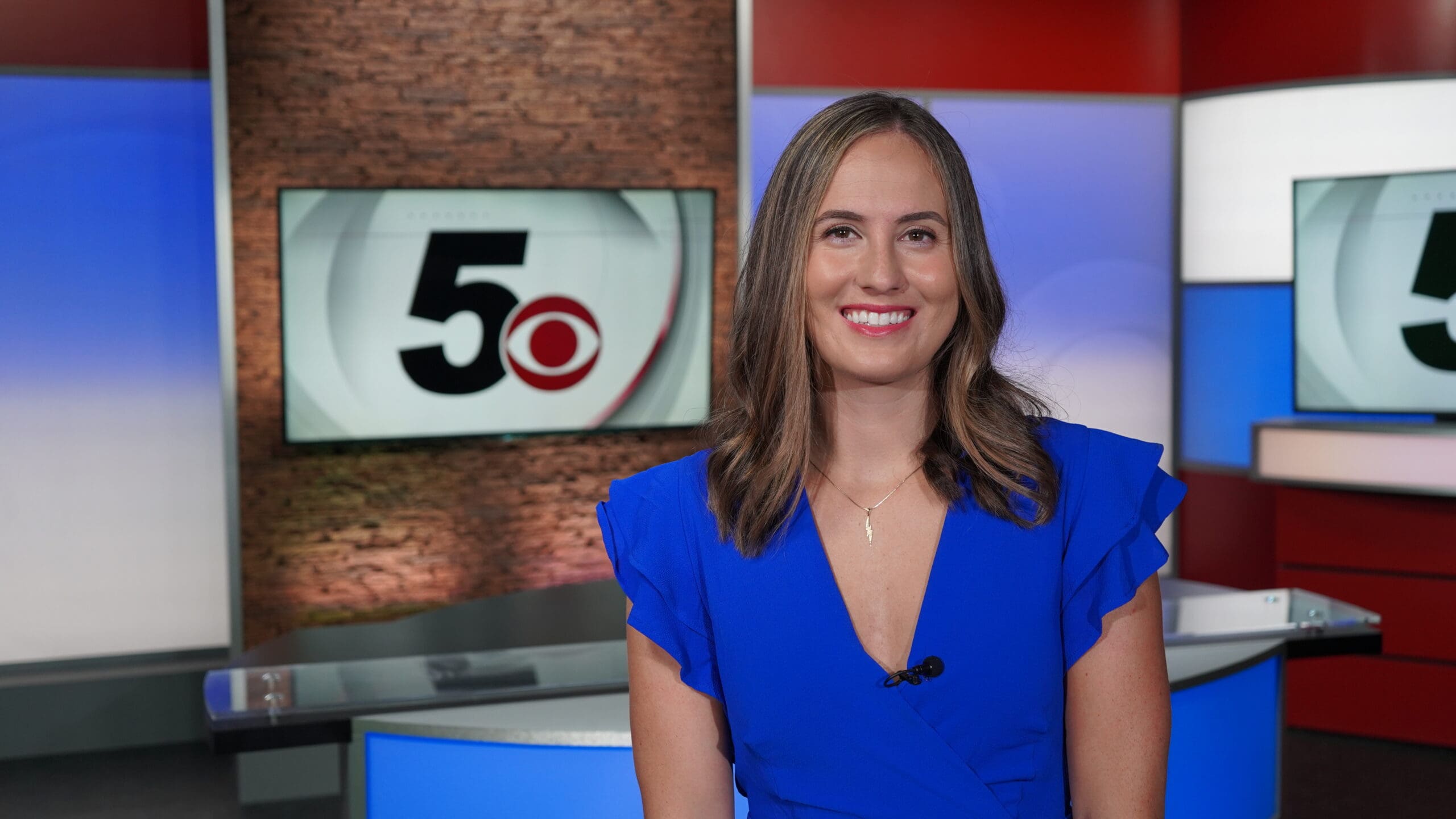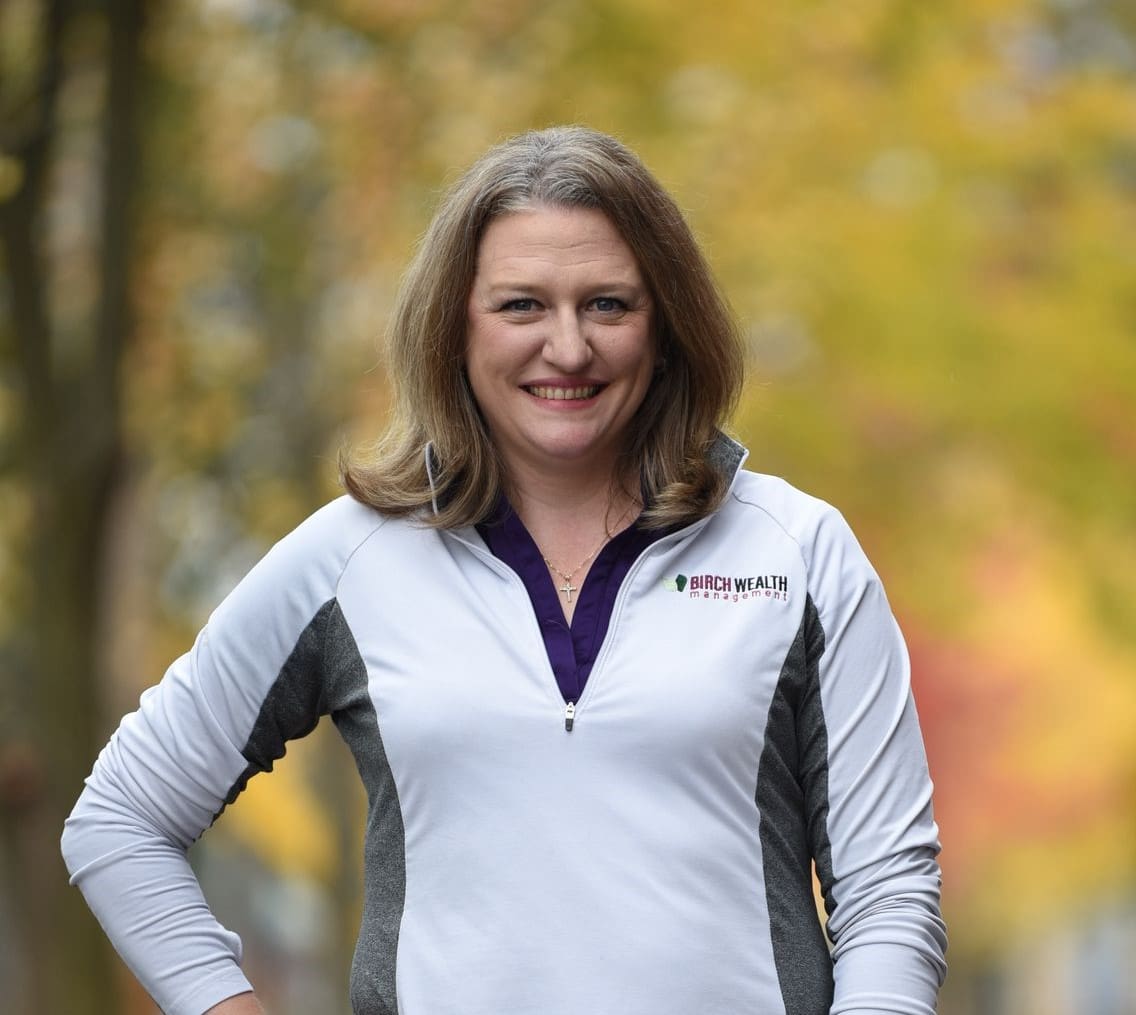By Kate Hanzalik
The 1950s were a time when women were expected to be a secretary, a teacher, or a nurse. They had a modicum of choice, and what they chose to do with that choice was up to them–but how could a woman possibly live up to her potential with so few options? Just ask four Syracuse women who decided to become nurses: Maggie Bovard, Ellen Canella, Barbara Connolly, and Joanne Whelan. Their choice led them to a lifetime of service together while nurturing a true friendship that has withstood the test of time.
Becoming a Nurse, Becoming a Friend
Joanne Whelan wanted to become a nurse because she read so many Cherry Ames books (Army Nurse, Student Nurse, etc.). “I thought it was really glamorous, I love the cape, the hat, and I just thought wouldn’t it be great to be assisting one of those handsome doctors,” she laughs in a recent interview at The Nottingham. Barbara Connolly, who grew up down the street from Whelan, just wanted to help people and nursing “seemed like it was more fun than being a secretary or teacher.” Their friends, Ellen Canella and Maggie Bovard, had their own motivations. Ellen wanted to become a nurse because her mother wasn’t one, and Maggie Bovard wanted to become a nurse because her sister was one.
Today all four women live together at The Nottingham; back then, they signed on the dotted line, paid a little under $1000 each to attend St. Joseph’s School of Nursing, and started school on September 9, 1959.
“We were all excited about it – plus, excited about moving away from home,” said Connolly. “So that was the start of it. And we were all in the same dorm, [we had] the same house rules, the study hours were 6:30 to 9:30 p.m. [On the] weekends we were studying or working. We were all just having our dream come true,” said Barbara. “It wasn’t easy. But that bonded us.”
They were assigned a unit to work in (psychiatry, orthopedics, etc.) for eight weeks at a time. They spent three days taking classes, and three days on the floor.
“The first time I walked in as a student nurse, I walked in with my instructor. I was absolutely terrified. [I thought], ‘I think I need to get out of here.’ After that first afternoon, I thought ‘I can do this.’ You just have to jump in and do it,” said Joanne.
And that she did, along with her best friends. They learned about assessment, preparation, organization, note taking, and reporting. They also learned that having a sense of humor was critical. Bovard, who went on to teach nursing for 14 years, came up with the motto: “Let us be disciples of humor and gentleness.”
Over time, they encountered many challenges, such as learning new skills, but Canella emphasized the importance of continuing education. They also struggled to adapt to the way nursing has changed from a more hands-on vocation to a profession that requires more administrative tasks and technologies that prevented them from spending as much time as they wanted with their patients. “We’re not just mechanics, we’re not just looking at equipment,” said Bovard. “We’re looking at the person and it makes all the difference in the world.”
“It’s not just making a difference to us, it makes a difference to the person you’re taking care of,” Connolly added. “People thank you and you don’t even realize that you really did anything, but you must have because they were so appreciative. You just think it’s a normal ordinary thing to touch them, fluff a pillow, or ask if they want a cup of tea.”
Whelan said, “I worked in psychiatry after I graduated and I always felt like it was such a blessing to me to be able to sit with somebody and have them tell me their deepest darkest secrets, and cry, and laugh, and I didn’t have to do very much. I mostly just listened. And then if the situation was resolved or not they would say, thank you for listening.”
Listening, laughing, crying – these are all important to being a good nurse, and a good friend. “Ask if there’s anything you can do, or maybe do nothing.” Ellen said. “Just be there.”
Being There
Over the years, the ladies made time for each other to connect and share stories about work, motherhood, being a wife, and more. Of their life-long friendship bound together by nursing, Bovard’s husband, John, always said “It’s like being in a war together. Companionship is so necessary.” And today, Maggie said, “Time and distance has only enkindled it. It’s been a joy for all of us.”
“[Our friendship has] gotten deeper, more fun, really.” said Joanne, as she sits beside her best friends at The Nottingham. “We get together and it’s like we’re never apart, we just pick up from 62 years ago. [We say] ‘Remember when we walked through that door and were assigned a room with somebody you never knew? [With] two little single beds, two desks, and one little closet to share?’ We’re so different but we’re always the same. Like we don’t see the gray hair and the fact that we have to use a walker, or that we put on a few pounds or that we lost a few pounds, but we’re still the same. We are who we were, and we are who we are.”





